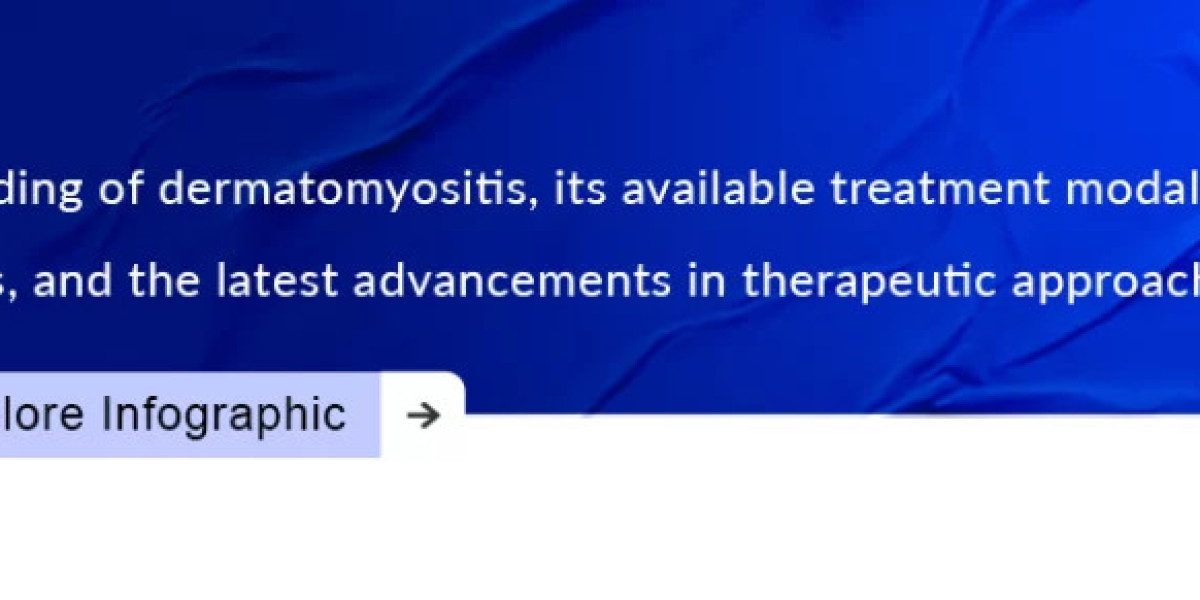Dermatomyositis emerges as a complex autoimmune inflammatory disorder characterized by progressive muscle weakness and distinctive skin manifestations, including the pathognomonic calcinosis cutis and linear extensor erythema that clinically define this challenging condition. Effective therapeutic intervention requires sophisticated understanding of integrated care methodologies, precise diagnostic techniques, and revolutionary treatment innovations that are fundamentally transforming clinical practice paradigms globally.
Integrated Diagnostic Strategies and Treatment Architecture
Achieving accurate diagnosis of dermatomyositis requires comprehensive multidisciplinary evaluation incorporating thorough clinical examination, advanced muscle biopsy analysis, and extensive serological testing performed according to internationally recognized diagnostic criteria established by leading rheumatological societies. Treatment frameworks emphasize corticosteroid therapy as primary intervention, systematically supplemented with immunosuppressive medications including methotrexate, mycophenolate mofetil, cyclophosphamide, and plasmapheresis for refractory cases. Ongoing clinical research investigates innovative pharmaceutical solutions such as brepocitinib, an advanced JAK inhibitor targeting inflammatory cascades, and upadacitinib (Rinvoq), both demonstrating significant potential for improved therapeutic efficacy while reducing treatment-related complications. Healthcare systems across Canada and internationally implement integrated care models that effectively combine evidence-based pharmacological interventions with comprehensive supportive therapy programs.
Continuing Clinical Challenges and Therapeutic Barriers
Despite substantial medical advances, considerable obstacles in managing this autoimmune condition continue impacting patient care quality. Clinical presentation diversity and variable disease progression create significant complexity in treatment individualization and response prediction, while maintaining disease remission without ongoing immunosuppressive therapy remains difficult for numerous patients. Extended corticosteroid use leads to predictable adverse effects including bone loss, diabetes risk, infection susceptibility, and cardiovascular complications, emphasizing urgent needs for alternative therapeutic strategies. Global variations in treatment protocols and healthcare infrastructure contribute to inconsistent management approaches across different medical systems. Disease monitoring and prognosis assessment continue presenting methodological challenges, requiring development of reliable biomarkers and improved evaluation techniques.
Breakthrough Therapeutic Development and Clinical Innovation
The pharmaceutical sector focusing on inflammatory myopathies witnesses remarkable expansion through innovative dermatomyositis therapies and comprehensive research initiatives. Advanced treatment options, including targeted biological medications and next-generation immunomodulatory agents, show promising results in clinical investigations. Research exploring selective immune pathway modulation, engineered therapeutic proteins, and novel pharmaceutical compounds establishes strong foundations for more effective and tolerable treatment approaches. Enhanced understanding of disease pathophysiology and immune system abnormalities guides development of personalized treatment strategies, offering considerable potential for superior symptom management and improved patient outcomes.
Digital Health Integration and Future Prospects
Emerging technologies including artificial intelligence diagnostic systems, remote patient monitoring platforms, and mobile health applications enhance clinical decision-making and patient engagement. Precision medicine approaches utilizing genomic analysis and biomarker profiling show potential for optimizing treatment selection. Collaborative research networks and data sharing initiatives accelerate therapeutic development and clinical trial efficiency.
Patient-Centered Care Evolution
Integrated care models increasingly emphasize patient education, shared decision-making, and quality of life optimization. Multidisciplinary team approaches incorporating rheumatologists, dermatologists, physical therapists, and mental health professionals improve comprehensive care delivery. Patient advocacy organizations contribute to research prioritization and healthcare policy development.
Conclusion: The management landscape continues evolving through integrated care approaches and therapeutic innovation. While challenges remain, ongoing research efforts and emerging treatment options provide substantial hope for more effective, personalized care delivery, ultimately improving patient experiences and clinical outcomes globally.
Related Reports Offered By DelveInsight:
https://www.delveinsight.com/report-store/malignant-melanoma-epidemiology-forecast
https://www.delveinsight.com/report-store/gm1-gangliosidosis-epidemiology-forecast
https://www.delveinsight.com/report-store/chemotherapy-induced-pain-epidemiology-forecast
https://www.delveinsight.com/report-store/alopecia-epidemiology-forecast
https://www.delveinsight.com/report-store/her2-lung-cancer-epidemiology-forecast
https://www.delveinsight.com/report-store/epidermolysis-bullosa-eb-epidemiology-forecast
https://www.delveinsight.com/report-store/ventricular-dysfunction-epidemiology-forecast
https://www.delveinsight.com/report-store/spasticity-epidemiology-forecast
https://www.delveinsight.com/report-store/gouty-arthritis-gout-epidemiology-forecast







